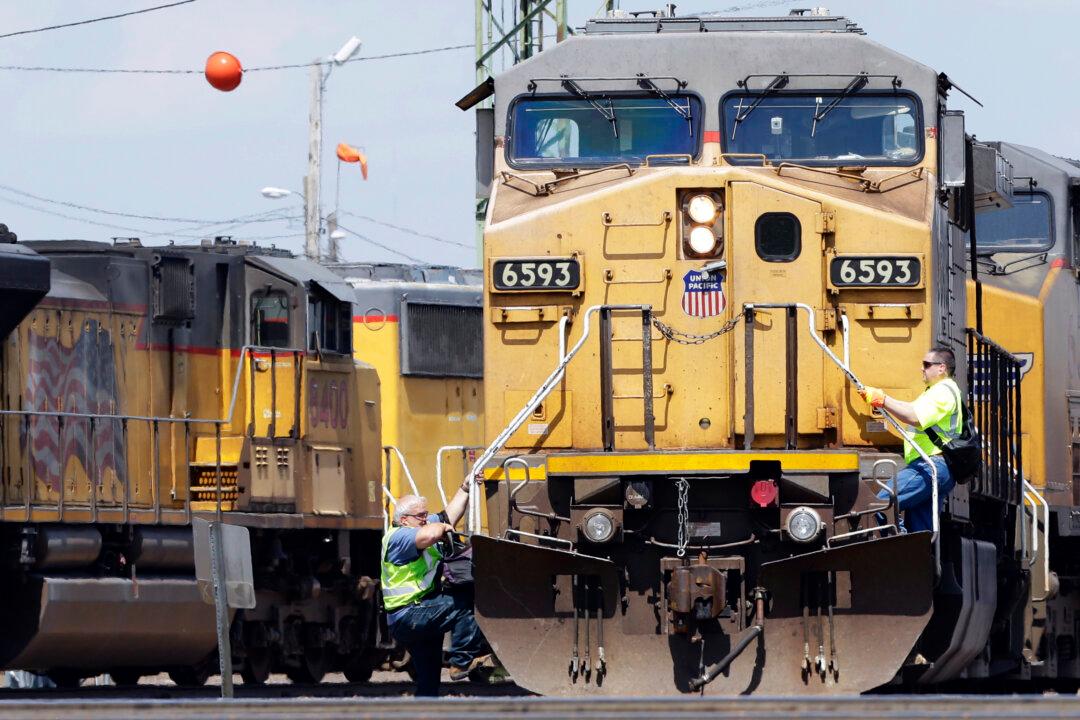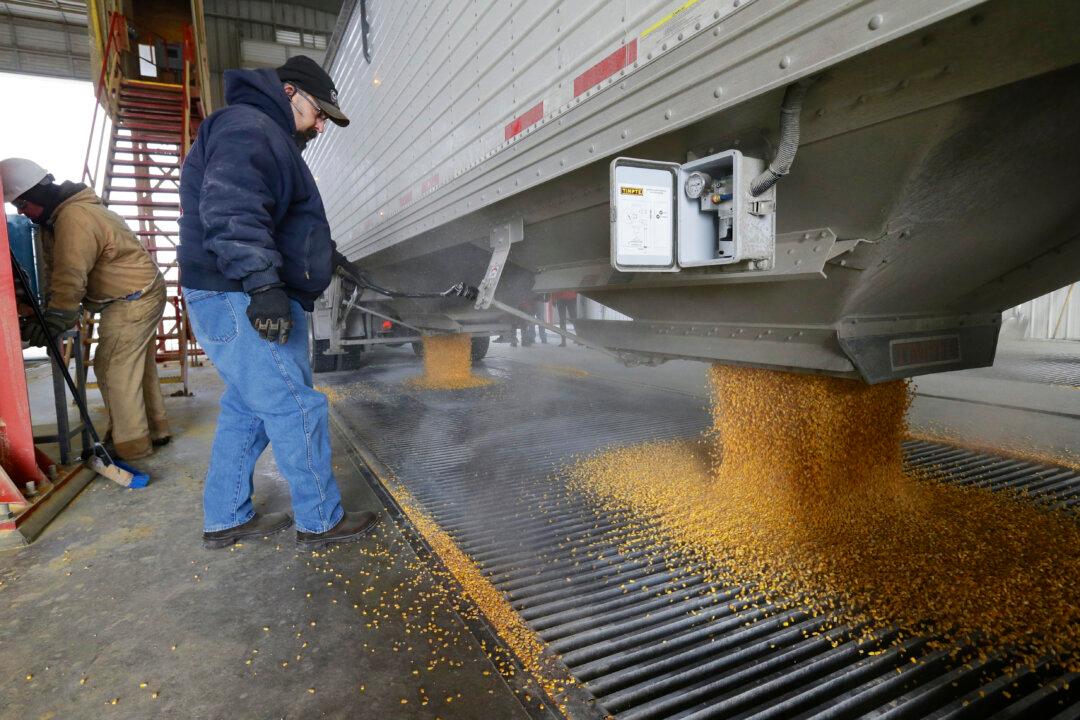OMAHA, Neb.—Buying Duracell will provide a short-term charge for Warren Buffett’s company, but the battery maker could eventually wind up being a drain on Berkshire Hathaway Inc. as consumers increasingly rely on rechargeable batteries.
Duracell is being sold for roughly $3 billion because Procter & Gamble Co. doesn’t consider it one of its top-performing consumer products companies.
“It’s a declining business, which was dragging down the overall growth at Procter,” said Joseph Agnese, who is an analyst for S&P Capital IQ. He said Duracell’s disposable battery sales have been shrinking 2 to 4 percent per year.
[aolvideo src=“http://pshared.5min.com/Scripts/PlayerSeed.js?sid=1759&width=480&height=300&playList=518513473&responsive=false”]
Still, demand remains for the single-use batteries that power TV remotes, purring animated cats and many other electronic toys. And some experts say there is plenty of opportunity for Duracell if it can find ways to sell more rechargeables and tap into the market for large batteries used in vehicles and on the power grid.
With Berkshire Hathaway’s vast resources, which included $62.4 billion cash at the end of September, and its 10 percent stake in Chinese carmaker BYD, it’s tempting to think of this deal as a play on electric vehicles, said Jeff Chamberlain, who helps direct energy storage research at the Argonne National Laboratory.
“I can’t help but hope that this is going to turn into something that will aim at the bigger picture,” said Chamberlain, who is deputy director of development and demonstration at the lab.
The idea that Berkshire is buying Duracell to turn it into something else doesn’t fit with Buffett’s model of buying quality companies and allowing them to continue doing what they do best. He favors easy-to-understand businesses that have a strong competitive advantage.
“I have always been impressed by Duracell, as a consumer and as a long-term investor in P&G and Gillette,” Buffett said in a statement on Thursday.
[aolvideo src=“http://pshared.5min.com/Scripts/PlayerSeed.js?sid=1759&width=480&height=300&playList=518513664&responsive=false”]
Duracell may already be pursuing new opportunities, however. Duracell has been developing lithium-ion batteries for some time, Chamberlain said, and it is a small player in the market for those rechargeable batteries.
Berkshire will hand over the P&G stock it already owns, which is worth about $4.7 billion, to acquire Duracell. Offsetting part of that price, P&G will contribute about $1.7 billion cash before the deal closes in the second half of next year.
Author and investor Jeff Matthews, who wrote “Warren Buffett’s Successor: Who It Is and Why It Matters,” said the deal is a tax-efficient way for Berkshire to sell its P&G stock and avoid capital gains taxes. Still, he’s not a big fan of Duracell because of the overall shift to rechargeable batteries.
“I'd rather have the Procter & Gamble shares,” Matthews said. “I think Procter & Gamble will get more valuable over time, and Duracell will get less valuable.”
Buffett’s Omaha, Nebraska-based conglomerate already owns a number of well-known consumer brands in its portfolio of more than 80 businesses, including Fruit of the Loom, Geico insurance, Helzberg Diamonds and half of H.J. Heinz Co., the ketchup maker.
P&G, whose products include Tide detergent and Pampers diapers, has been trimming its product lineup to focus on its top performers. After it finishes jettisoning more than half its brands around the globe over the next year or two, P&G has said that it will be left with about 70 to 80 brands.
Berkshire has been a significant P&G shareholder since the consumer products firm acquired Gillette in 2005.
Cincinnati-based P&G said it will take a charge of about 28 cents per share in its current quarter related to the Duracell deal. The transaction is expected to close in the second half of 2015.
From The Associated Press



